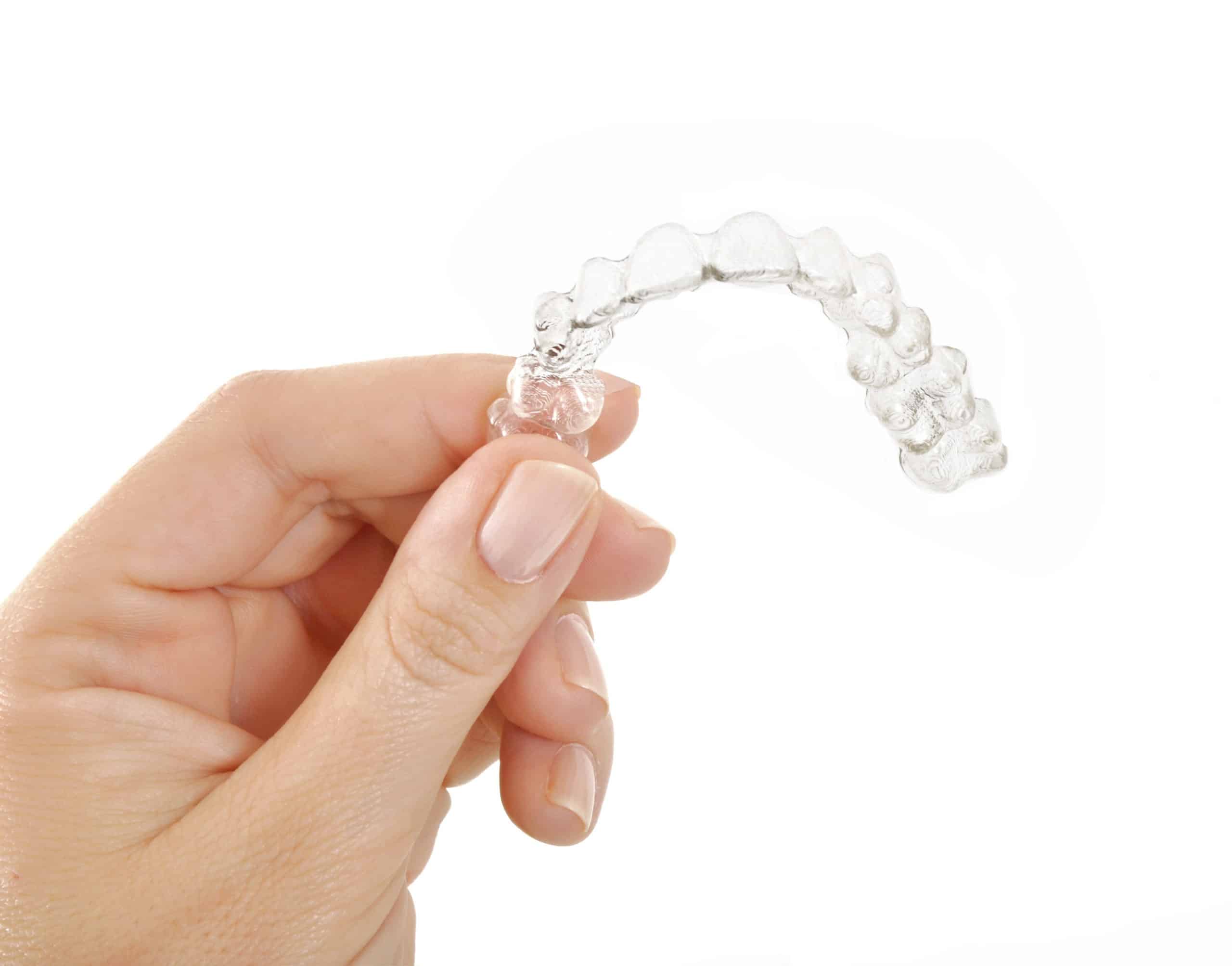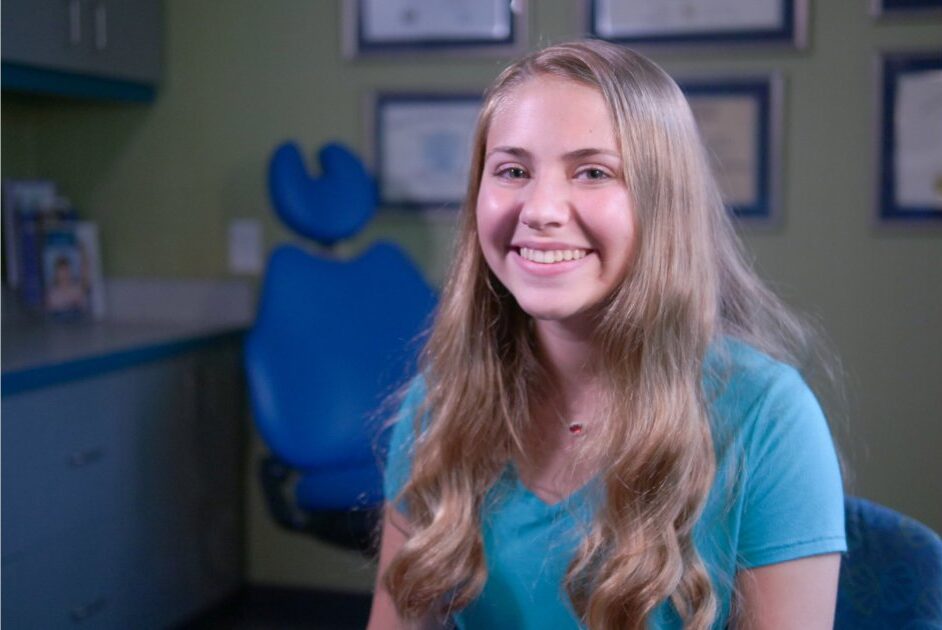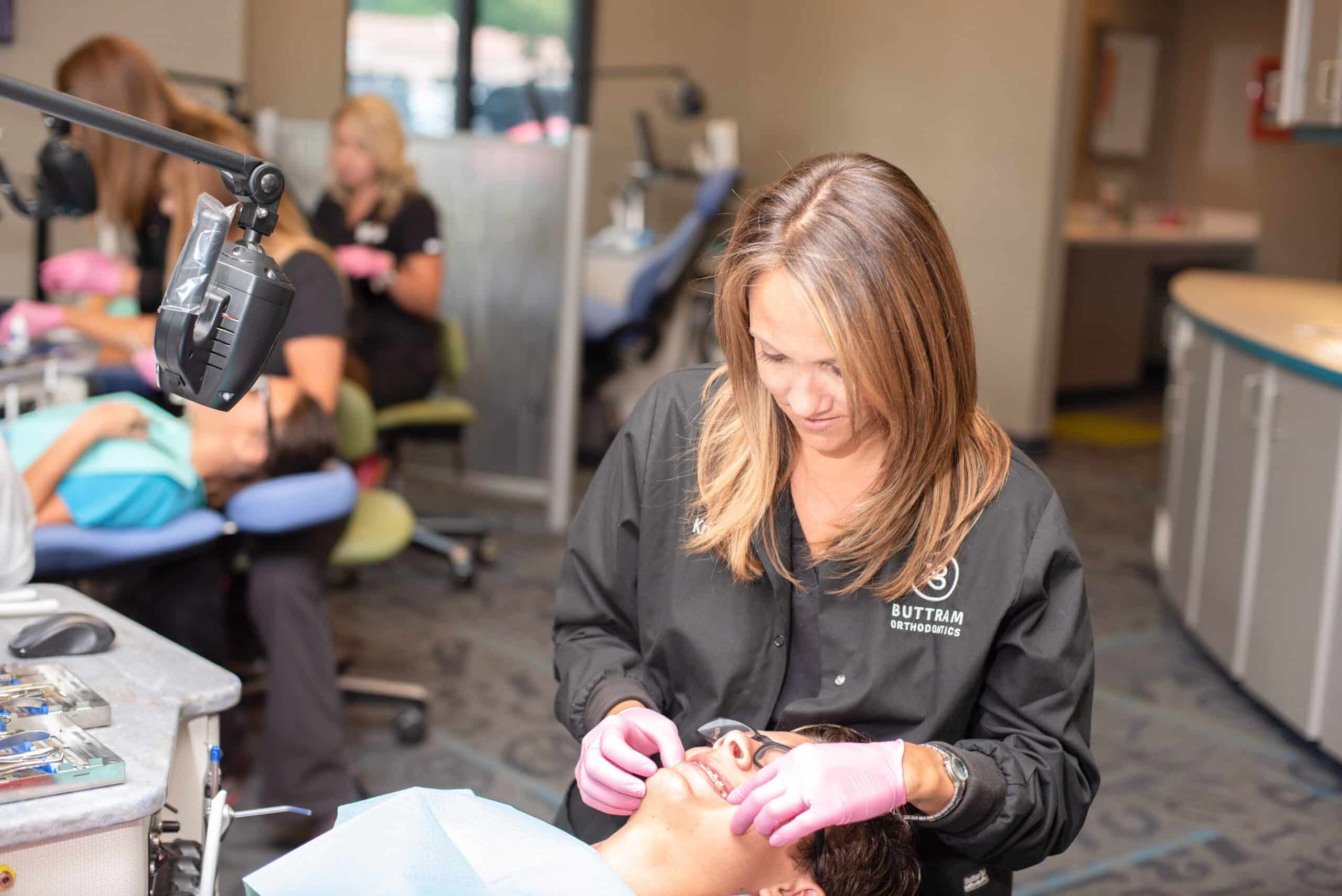There’s never been a better time to straighten your smile! In recent years, there have been several impressive advancements in orthodontic technology and techniques. That means we’re able to offer you more treatment options than ever before, including Invisalign and Invisalign Teen clear aligner therapy. However, many people still don’t know the truth about Invisalign!
Here at Buttram Orthodontics, Invisalign is our most popular alternative to traditional braces. While it offers patients the same beautiful results, it also allows them a bit more freedom and flexibility throughout the treatment process. Unlike braces, which have been around for a very long time, Invisalign aligners are relatively new on the orthodontics scene. You may have heard some misconceptions about how they work, how effective they are, and how much they cost.
Let’s take a closer look at the truth about Invisalign below!
What is Invisalign? How does the system work?
While Invisalign clear aligners were developed in the late 90s, orthodontists had already used similar trays for many years before that as post-treatment retainers. The Invisalign system created new software and technology that allowed orthodontists to move teeth in stages using a series of customized aligners.
Patients wear the aligners for 20-22 hours a day throughout treatment and switch aligners out for the next in the series every 1-2 weeks. This gradually moves the teeth into the desired positions.
Invisalign was initially used to treat simple spacing or crowding issues. Over time, the design was refined, and today’s aligners are just as effective as traditional braces at successfully treating many mild to moderate cases.
Will treatment with Invisalign take longer than braces?
Braces are attached to your teeth, so they do a lot of the work for you. Aligners are different. Because they’re a removable appliance, patients must be vigilant about wearing them for the recommended time. Aligners need to be worn for 20-22 hours per day throughout the treatment process to be successful. Failure to do so can cause longer treatment times or inferior results.
Every case is different, and each patient will respond to treatment in their way. Although we can’t offer a “one size fits all” answer for how long Invisalign will take, the total treatment time for compliant Invisalign patients tend to run anywhere from 6 to 18 months. That’s slightly faster than the average time spent in braces!
Does Invisalign cost more than braces?
Like many new products, Invisalign was considerably more expensive than other options when it first entered the orthodontic market. As the aligners became more accessible over the years, that cost decreased. While there are several factors associated with the overall cost of any orthodontic treatment, Invisalign aligners tend to cost just about the same as traditional braces.
Buttram Orthodontics is committed to providing our patients with high-quality orthodontic care that fits every budget! We have a variety of affordable payment options available and accept many major insurance plans as well. While dental insurance policies vary greatly, our team will be happy to help you coordinate benefits with your insurer once you provide us with your insurance information.

What are the benefits of Invisalign aligners?
Thanks to their removability, Invisalign aligners give patients more flexibility than more traditional methods offer. Food restrictions are a great example of this! Braces patients have to avoid any crunchy or chewy foods since they can damage the brackets and wires. With Invisalign, you can still eat all your favorite foods! You only need to take the aligners out whenever you want to eat, then put them back in again when you’re done.
Having removable aligners also makes it easier to keep up with your dental hygiene. Brushing and flossing around wires, brackets, and bands can be frustrating, especially in the early days. Since Invisalign aligners are removed before brushing and flossing, caring for your teeth and gums during treatment is a cinch! Caring for the aligners themselves couldn’t be easier, either. There are special kits designed to clean them, or you can gently brush them using toothpaste and a soft toothbrush.
Because you can remove the aligners for short periods, aligners can be an excellent choice for athletes, musicians, and anybody who just wants to let their natural smile shine through for a special occasion!
Will the Invisalign system work for everyone?
As exciting as Invisalign is, the system isn’t a good fit for everyone. The aligners are most effective when treating teens and adults who have mild to moderate orthodontic issues. When cases are incredibly complicated or severe, they may require more precise tooth control than a removable aligner can achieve. Dr. Buttram will be able to determine if Invisalign will work for your smile during your orthodontic evaluation.
What happens after Invisalign treatment is complete?
No matter which orthodontic treatment you choose, your teeth will always remember where they used to be. If you have nothing in place to stop them from drifting back towards those positions over time, you could end up with your teeth right back where they started! Therefore retainers are an essential part of keeping your smile in place. Once your treatment is complete, our office will provide you with a retainer. For long-lasting results, always wear it exactly as directed by Dr. Buttram.
Invisalign is the obvious choice for the experts at Buttram Orthodontics
When you know everything it offers, it’s easy to see why Invisalign is so popular with patients worldwide! This exciting system continues to change the way people view orthodontic treatment. That’s why we’re proud to offer Invisalign and Invisalign Teen to our patients in Panama City, Lynn Haven, and the surrounding communities.
If you’re ready to learn more about how Invisalign can help you achieve a confident and healthy smile, get in touch with us today to schedule your FREE virtual consultation with Dr. Buttram.


